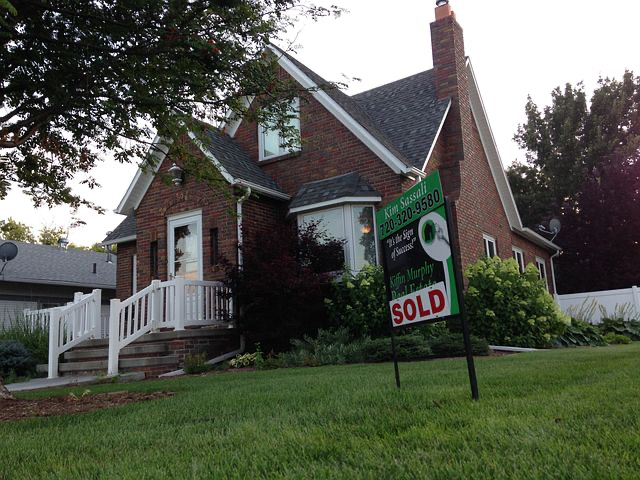The housing market in Canada continues to show a mixture of growth and decline across various regions and housing types.
Housing Starts Data for August 2024
As of September 2024, CMHC reported a decline in the six-month trend in housing starts, which fell 2.9% from 255,794 units in July to 248,480 units in August. The trend measure, calculated as a six-month moving average of the seasonally adjusted annual rate (SAAR) of total housing starts, reflects the overall cooling of the market across Canada.
A sharp 22% decrease in the total monthly SAAR for housing starts was seen, dropping from 279,804 units in July to 217,405 units in August. This decline represents a shift in the construction sector, which had been seeing stronger numbers earlier in the year.
Urban and Rural Trends
In Canada’s urban centers—defined as areas with populations of 10,000 or more—housing starts numbers decreased by 24% in August, totalling 199,478 units. This reduction was largely driven by a significant 29% drop in multi-unit urban starts, which fell to 154,290 units. However, there was a small silver lining: single-detached urban housing starts rose by 3% to 45,188 units.
For rural areas, the picture is slightly different. The monthly SAAR for rural housing starts was estimated at 17,927 units, reflecting a more stable situation in these less densely populated areas.
Year-to-Date Performance
Despite the recent monthly declines, actual housing starts year-to-date (from January to August 2024) present a more encouraging picture. There have been 149,922 housing starts recorded in Canada’s urban centers, up 5% compared to the same period in 2023, when 143,229 starts were recorded.
Regional Variance
Not all regions are experiencing growth. For example, in Ontario and British Columbia, year-to-date housing starts have fallen across all housing types, while year-to-date growth was propelled by increased construction in Alberta, Quebec, and the Atlantic provinces, where both multi-unit and single-detached starts have risen. Notably, Vancouver and Toronto saw decreases in housing starts, with Vancouver down 20% and Toronto down 14% year-to-date, but it is important to recognize also that both cities experienced record-high construction activity in 2023.
Key Cities
Montreal
Montreal has seen an increase in housing starts, which are up 39% year-to-date compared to 2023. This rebound suggests a recovery from historically low construction activity in the city the previous year.
Vancouver
According to CMHC, actual housing starts in Vancouver were down 20% year-to-date as of August 2024 compared to 2023, although, again, it is important to note that 2023 was a record year for construction.
Edge Realty’s September Metro Report further reports that the number of dwellings under construction in the metro region rose 0.9% month-over-month in July, reaching 65,000 units in total. However, only 3,700 of these were single-family homes, compared to 21,800 rental units and 39,900 condos. It also reported that housing starts in Vancouver were down 15% year-over-year, with single-family starts dropping by 20%, the lowest tally in the past 30 years, and suggested that the lack of new supply in the single-family market could contribute to long-term housing shortages, particularly as demand remains strong.
The focus on condo and rental unit construction in Vancouver reflects a shift in the type of housing being built, but the drop in single-family home starts underscores concerns about future supply constraints.
Toronto
Toronto’s housing market has also experienced significant shifts. According to CMHC, actual housing starts in Toronto were down 14% year-to-date as of August 2024 compared to 2023’s record-high starts.
Edge Realty’s September Report adds that construction activity in the GTA rose by 1.1% in July, driven by a 5.5% increase in rental construction. Of the 103,000 dwellings currently under construction across the GTA, 11,000 are single-family homes, 73,000 are condos and 19,000 are rentals. Housing starts were up 6% year-over-year in July, led by rental construction, which saw the highest number of starts in any month since at least 1990.
Despite the increase in rental construction, the single-family housing market in Toronto remains in decline. Only 8,300 single-family homes have been started in the past 12 months, a figure approaching 30-year lows. Edge Realty also warned of a significant slowdown in condo starts in the near future, citing an 83% decline in new condo sales from 2021 levels, noting that new condo sales typically lead starts by about 18 months. As a result, the current sales downturn signals a likely reduction in future condo starts. The report also warned of future supply shortages.








